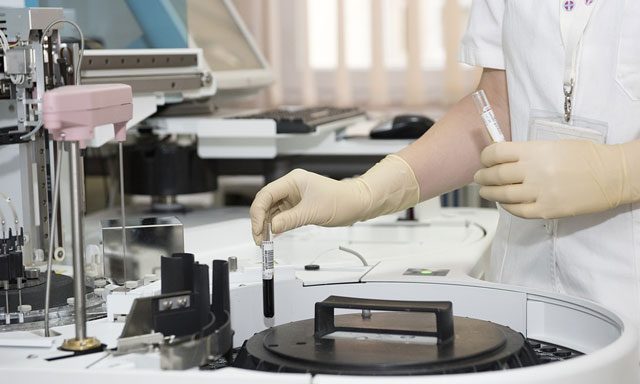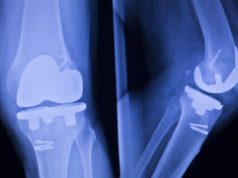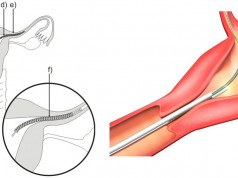
Testosterone therapy can seem quite enticing to those who suffer from low testosterone. However, there are many misconceptions about what it can do, as well as its risks.
Testosterone is a naturally-produced hormone which helps maintain sex drive, facial and body hair growth, red blood cell production, sperm production, bone density, muscle strength, and fat distribution.
Although testosterone levels peak during adolescence and into early adulthood, they gradually decline as men get older. This reduction begins after age 30 or 40 and is typically around 1 percent annually.
In older men, there may be a need to determine if low testosterone levels are due to normal aging or related to a disease such as hypogonadism. Those who suffer from this disease are unable to produce a normal amount of testosterone. Testosterone replacement therapy (available as transdermal patches, buccal patches, pellets, gels, or injections) may be able to improve the quality of life for these men, but there are also health risks associated with this procedure.
Signs & Symptoms of Declining Testosterone Levels
As men become older they can experience a variety of signs and symptoms. Some of the symptoms may be the result of decreased levels of testosterone and could include the following:
- Changes in sexual function such as infertility, reduction in spontaneous erections, and reduction in sexual desire.
- Low testosterone levels sometimes cause disturbances in sleep patterns such as insomnia.
- A variety of physical changes may occur, such as a reduction in muscle bulk and strength, an increase in body fat, and a decrease in bone density. Some men may notice less energy, hair loss, or swollen or tender breasts.
- Another change that may occur with low testosterone is a reduction in motivation or self-confidence.
The above signs and symptoms could be the result of low testosterone, but may also be the result of various underlying factors. The treatment of any underlying factors may cause natural increases in testosterone levels.
Risk Factors of Testosterone Therapy
While testosterone therapy (including BioTE, Bio-T, Androgel, Testim, etc.) can be beneficial, it also has a number of risks that may include any of the following:
- Contributory factor in sleep apnea
- Enlargement of the breasts
- Limited sperm production or shrinkage of the testicles
- Increased risk for the formation of a blood clot in a deep vein
- Appearance of acne or other skin irritations
- Stimulation of noncancerous growths in the prostate
- Heart attacks
- Stroke
Testosterone therapy may also have an impact on the risk factors for heart disease.
In 2013, the Journal of the American Medical Association published the results of a study, which indicated that testosterone therapy treatment (TRT) increases a person’s risk of heart attack, stroke, and even early death.
Of the patients studied who underwent testosterone therapy treatment, 26% reportedly suffered a heart attack, stroke, or died within the three year test period. After comparing these results to those who did not undergo TRT, researchers concluded that the testosterone replacement therapy increased the patient’s risk of serious heart conditions by 30%.
Do I Need Testosterone Replacement Therapy?
It’s important to remember that there is no need for treatment of low testosterone levels unless other symptoms are present. The FDA’s approval for such therapy only pertains to situations in which low testosterone is associated with a medical condition.
According to one study published by the Endocrine Society’s Journal of Clinical Endocrinology & Metabolism, many of those receiving testosterone replacement therapy only underwent one single test of their levels. Remember that there are MANY factors that can influence testosterone levels, including illness, time of day, recent weight fluctuations, quality of sleep, diet, and more.
Testosterone replacement therapy can have a number of side effects, and unfortunately, the long-term benefits and risks are not presently known.
The best thing you can do is to discuss your concerns with your doctor. Those considering testosterone treatment are not generally advised to get their levels checked at a TRT clinic, unless directed to do so by their physician.







